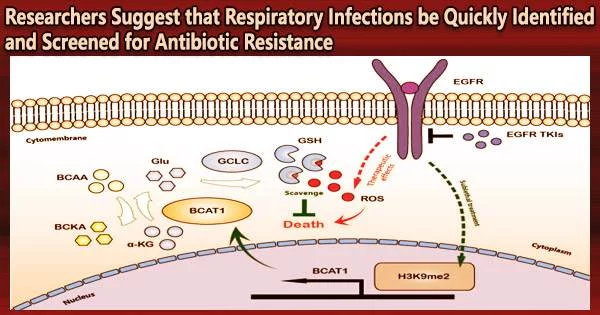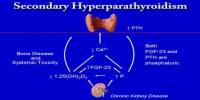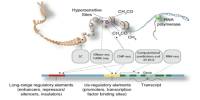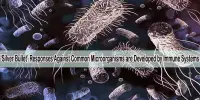The Changchun Institute of Optics, Fine Mechanics and Physics (CIOMP) of the Chinese Academy of Sciences (CAS) and Jilin University collaborated on a study that was published in Frontiers in Microbiology, proposing rapid identification and drug resistance screening of pathogenic bacteria based on single cell Raman spectroscopy (SCRS).
To identify microbial samples, one can utilize SCRS, a “whole biological fingerprint” method. It has a large application value for qualitative analysis, quantitative analysis, and determining the molecular structure of materials and can be utilized for in situ, non-invasive, and unlabeled detection of samples.
A semi-quantitative method to determine a cell’s metabolic activity can be utilized in conjunction with SCRS and D2O isotope labeling technology to identify the Raman shift brought on by the variation in metabolic activity between cells.
Rapid drug screening is made possible by combining the Raman and heavy water labeling techniques at the single-cell level, which eliminates the need for long-term culture in clinical pathogen investigations.
In this study, a quick and precise method for identifying antibiotic-resistant bacteria in respiratory bacteria was developed using the SCRS methodology in conjunction with a heavy water labeling.
In addition, a new technique for quickly diagnosing respiratory infections in clinical practice was developed using a Raman phenotypic database of six prevalent respiratory pathogens. To identify drug resistance of respiratory infections within two hours, several antibiotic-heavy water labeling circumstances were also investigated.
The classification accuracy of the isolated samples was found to be between 93 and 100%, and that of the clinical samples to be greater than 80%. Pathogens of the respiratory tract were identified according to their drug resistance using heavy water labeling method.
According to the study, SCRS-D2O labeling may quickly reveal medication resistance in respiratory tract pathogens within two hours, offering a sensitive and quick way to identify the bacteria that cause respiratory tract infections and their drug susceptibility.
















